The Art of Jewellery Spelling in South Africa: A Comprehensive Guide
Related Articles: The Art of Jewellery Spelling in South Africa: A Comprehensive Guide
Introduction
With enthusiasm, let’s navigate through the intriguing topic related to The Art of Jewellery Spelling in South Africa: A Comprehensive Guide. Let’s weave interesting information and offer fresh perspectives to the readers.
Table of Content
- 1 Related Articles: The Art of Jewellery Spelling in South Africa: A Comprehensive Guide
- 2 Introduction
- 3 The Art of Jewellery Spelling in South Africa: A Comprehensive Guide
- 3.1 Understanding the Importance of Correct Spelling
- 3.2 Navigating the Complexities of South African Spelling
- 3.3 The Impact of Afrikaans on Jewellery Spelling
- 3.4 Tips for Accurate Jewellery Spelling in South Africa
- 3.5 Frequently Asked Questions (FAQs)
- 3.6 Conclusion
- 4 Closure
The Art of Jewellery Spelling in South Africa: A Comprehensive Guide
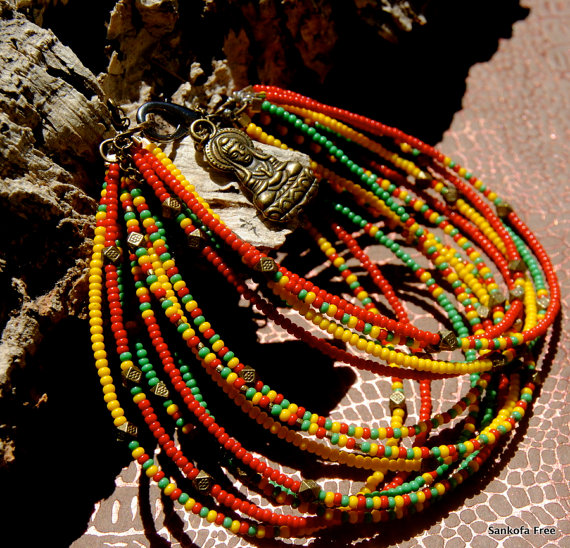
South Africa, a nation renowned for its vibrant culture and breathtaking landscapes, also boasts a rich tradition of jewellery craftsmanship. From the intricate beadwork of the San people to the contemporary designs of modern South African jewellers, the country’s jewellery scene reflects its diverse heritage and artistic prowess. However, understanding the nuances of jewellery spelling in South Africa is crucial for navigating this fascinating world.
Understanding the Importance of Correct Spelling
Accurate spelling is paramount in the jewellery industry, particularly in a country like South Africa where multiple languages and dialects influence the way words are written and pronounced. Correct spelling conveys professionalism, enhances credibility, and ensures clear communication with customers, suppliers, and industry professionals.
Navigating the Complexities of South African Spelling
South African English, the dominant language in the jewellery industry, utilizes a unique spelling system that can be challenging for those unfamiliar with its intricacies. While most English words are spelled similarly to their British and American counterparts, some notable differences exist, particularly in the use of certain vowels and consonants.
1. "Ou" vs. "Ow"
In South African English, the combination "ou" is often used where "ow" is found in other English varieties. For example, "colour" is spelled "colour" in South Africa, while "flower" remains "flower."
2. "Ei" vs. "Ey"
The combination "ei" is frequently used instead of "ey" in South African English. Thus, "neighbour" becomes "neighbour" and "neighbouring" becomes "neighbouring."
3. "Ce" vs. "Se"
In some words, the combination "ce" is preferred over "se," particularly when followed by a vowel. For example, "defence" is spelled "defence" in South Africa, while "sense" remains "sense."
4. "Re" vs. "Er"
The combination "re" is often used in place of "er" in South African English. For instance, "centre" is spelled "centre" in South Africa, while "centre" remains "centre."
5. "Ae" vs. "Ee"
In some words, the combination "ae" is used instead of "ee" in South African English. For example, "aesthetic" is spelled "aesthetic" in South Africa, while "aesthetic" remains "aesthetic."
6. "Ie" vs. "Ei"
The combination "ie" is sometimes used instead of "ei" in South African English. For example, "chief" is spelled "chief" in South Africa, while "chief" remains "chief."
7. "Y" vs. "I"
In certain words, the letter "y" is used where "i" is found in other English varieties. For example, "grey" is spelled "grey" in South Africa, while "grey" remains "grey."
8. "Double Consonants"
South African English frequently uses double consonants where single consonants are used in other English varieties. For example, "travelling" is spelled "travelling" in South Africa, while "travelling" remains "travelling."
9. "Diphthongs"
South African English utilizes diphthongs, two vowel sounds combined, differently than other English varieties. For example, "good" is pronounced with a diphthong in South African English, while it is pronounced with a single vowel sound in British and American English.
The Impact of Afrikaans on Jewellery Spelling
Afrikaans, a language spoken by a significant portion of the South African population, has also influenced the spelling of jewellery terms. While Afrikaans uses a different alphabet and spelling system, some words have been adopted into South African English, often with subtle spelling adjustments.
1. "K" vs. "C"
In Afrikaans, the letter "k" is often used where "c" is found in English. This can influence the spelling of certain jewellery terms, such as "karat" (Afrikaans: "karaat").
2. "S" vs. "Z"
Afrikaans uses "z" where English uses "s" in certain words. This can affect the spelling of jewellery terms like "silver" (Afrikaans: "zilver").
3. "U" vs. "O"
Afrikaans uses "u" where English uses "o" in certain words. This can influence the spelling of jewellery terms like "gold" (Afrikaans: "goud").
4. "Oe" vs. "Oo"
Afrikaans uses "oe" where English uses "oo" in certain words. This can affect the spelling of jewellery terms like "jewel" (Afrikaans: "juweel").
5. "Ei" vs. "Y"
Afrikaans uses "ei" where English uses "y" in certain words. This can influence the spelling of jewellery terms like "ruby" (Afrikaans: "robyn").
Tips for Accurate Jewellery Spelling in South Africa
1. Consult a Reliable Dictionary: Utilize reputable dictionaries specifically designed for South African English, such as the "Oxford South African English Dictionary" or the "Collins Dictionary of South African English."
2. Seek Expert Guidance: If unsure about the correct spelling of a particular term, consult a professional jeweller, a language expert, or a reputable online resource specializing in South African English.
3. Practice Consistent Spelling: Develop a consistent spelling style guide for your business or personal use, ensuring that all documents and communications utilize the same spelling conventions.
4. Engage with Local Resources: Stay informed about the latest developments in South African English spelling by subscribing to relevant language publications, attending workshops, or joining online communities dedicated to the language.
5. Embrace the Nuances: Acknowledge the unique characteristics of South African English spelling and embrace its complexities as a reflection of the country’s rich linguistic heritage.
Frequently Asked Questions (FAQs)
Q: What is the difference between "colour" and "color" in South African English?
A: In South African English, "colour" is the preferred spelling, while "color" is the American English spelling.
Q: How is "centre" spelled in South African English?
A: In South African English, "centre" is the preferred spelling, while "center" is the American English spelling.
Q: Is "grey" or "gray" the correct spelling in South African English?
A: In South African English, "grey" is the preferred spelling, while "gray" is the American English spelling.
Q: How do I pronounce "jewellery" in South African English?
A: In South African English, "jewellery" is pronounced with a diphthong, similar to the "ou" sound in "house."
Q: Where can I find resources on South African English spelling?
A: Reputable resources include the "Oxford South African English Dictionary," the "Collins Dictionary of South African English," and online dictionaries specializing in South African English.
Conclusion
The correct spelling of jewellery terms is essential for effective communication and professional representation within the South African jewellery industry. By understanding the unique nuances of South African English spelling and its influence from Afrikaans, jewellers and enthusiasts can navigate this fascinating world with confidence. Mastering the art of jewellery spelling in South Africa not only ensures accuracy but also showcases respect for the country’s linguistic heritage and the artistry of its jewellery craftsmanship.
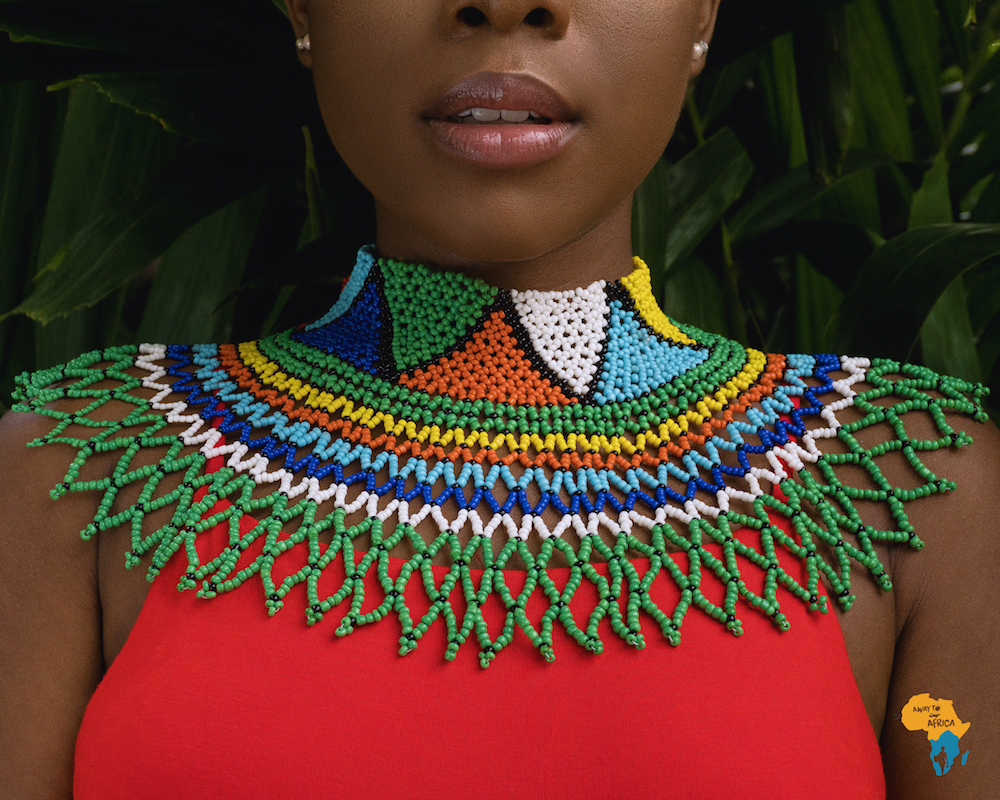
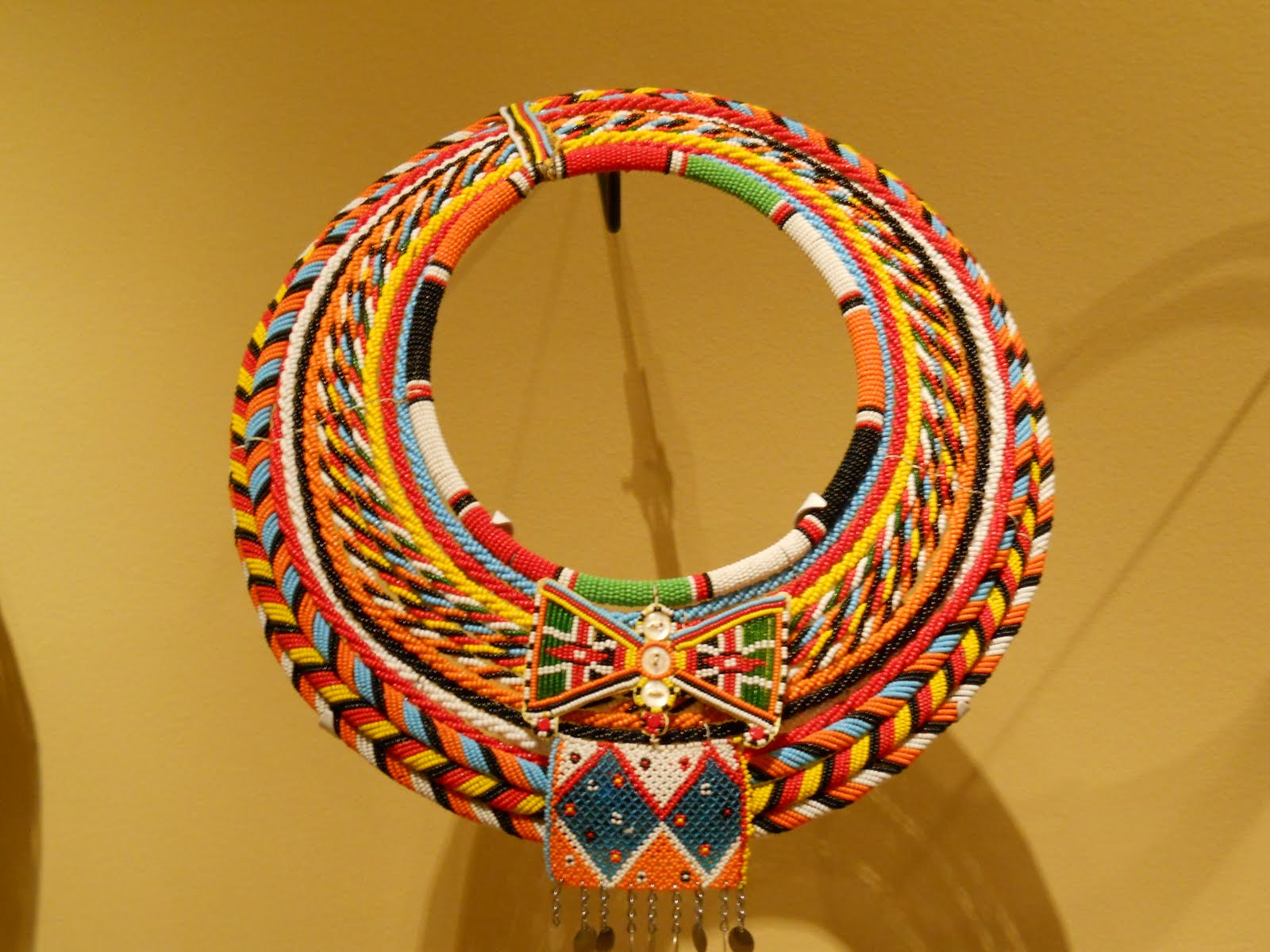
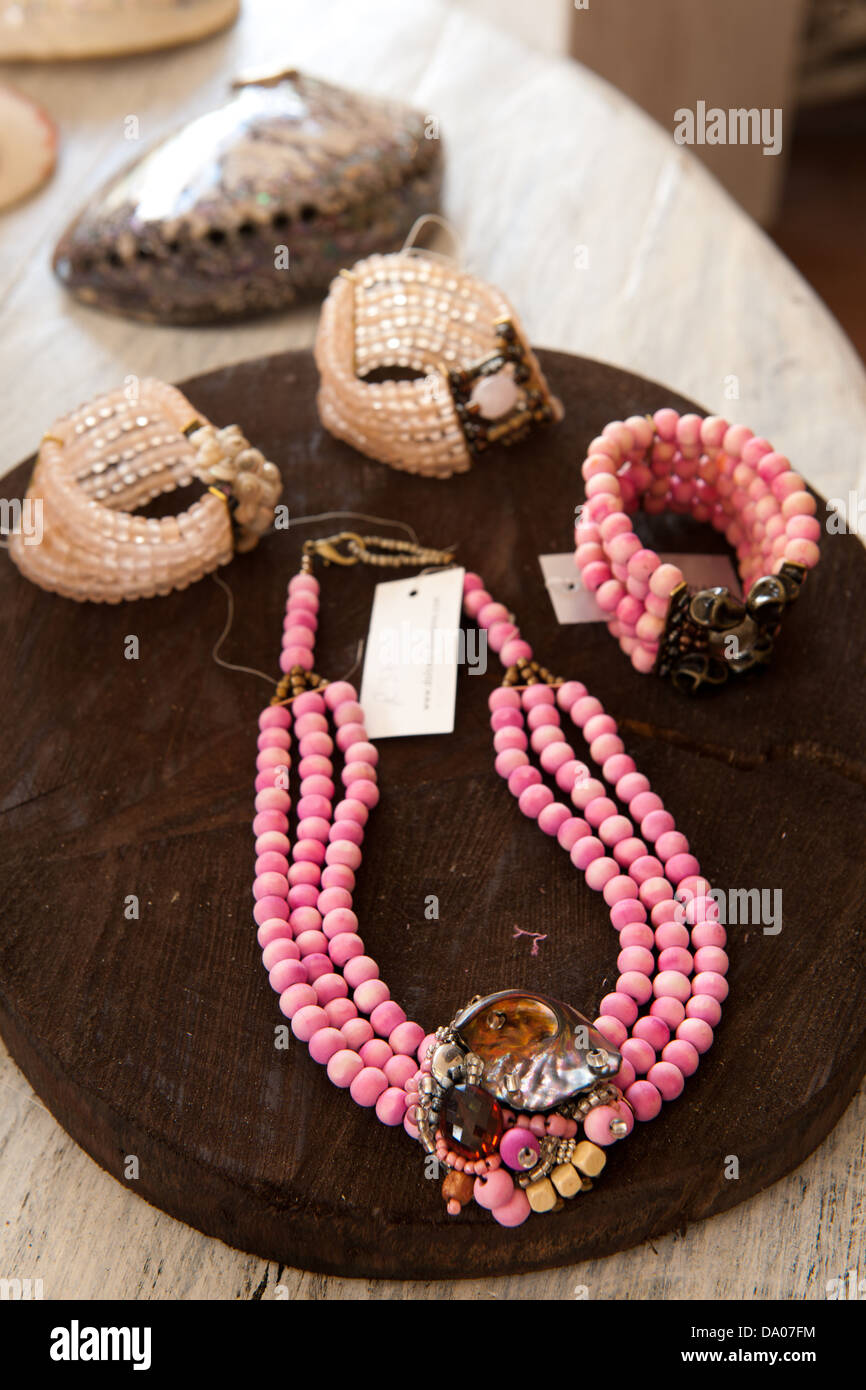
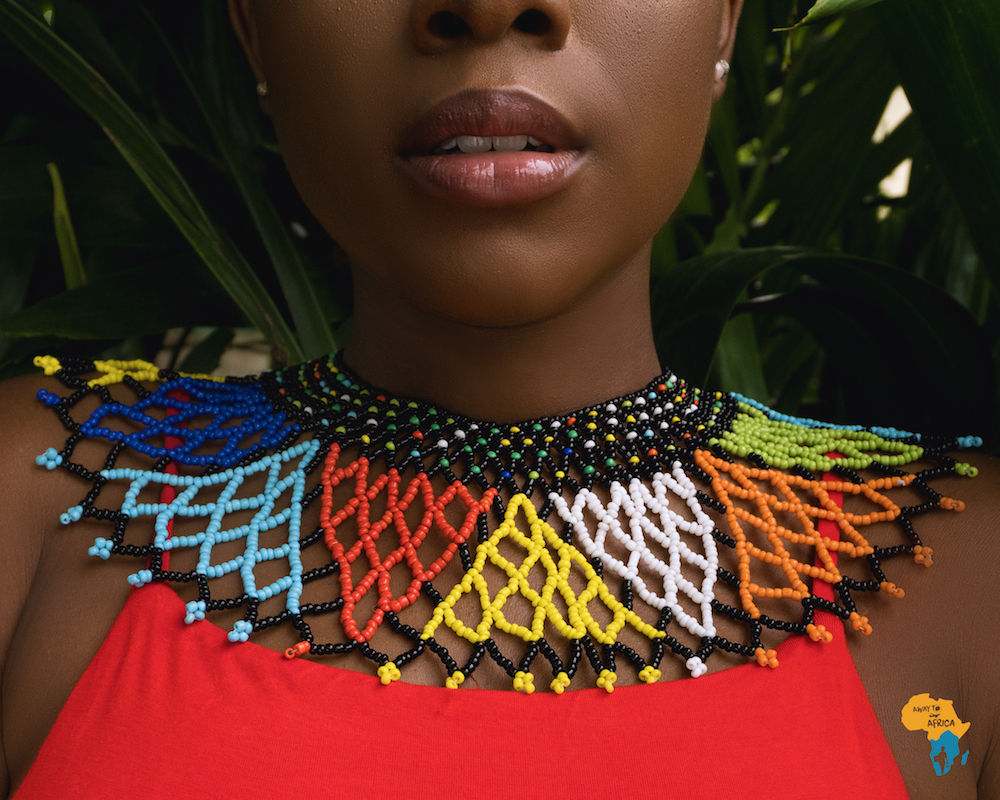
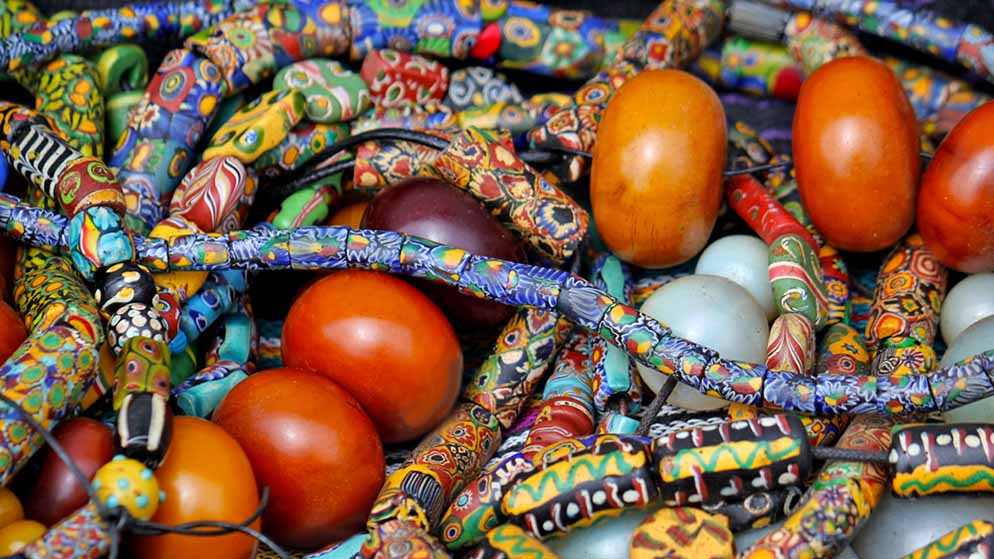
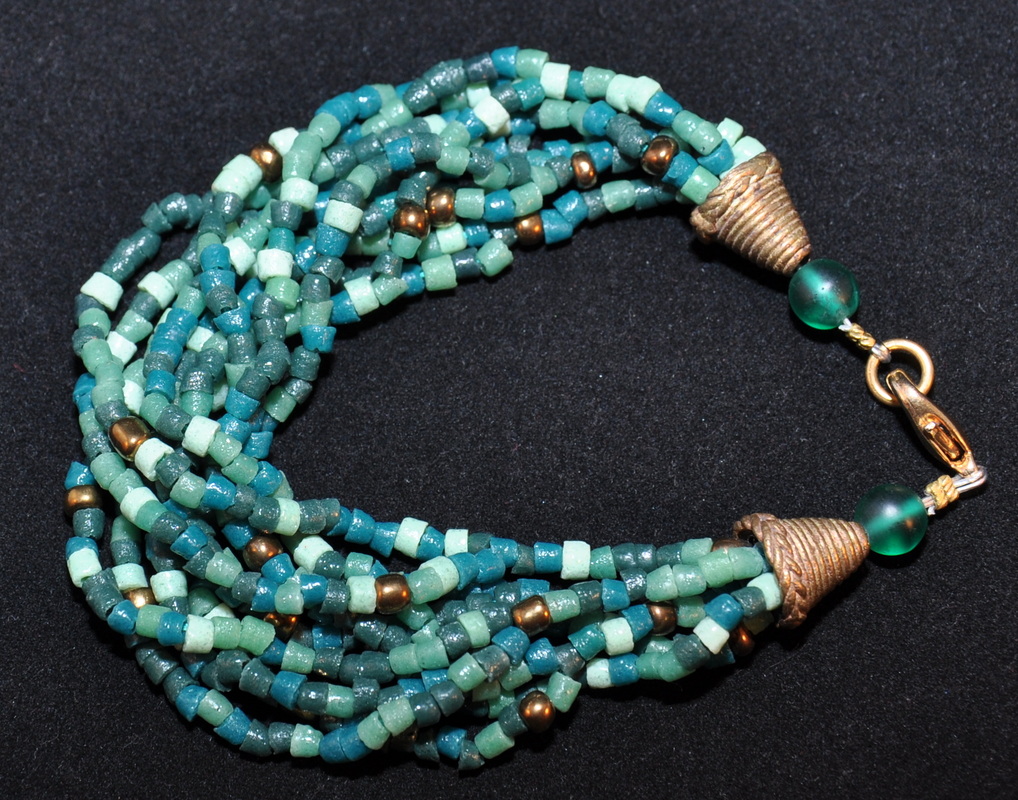
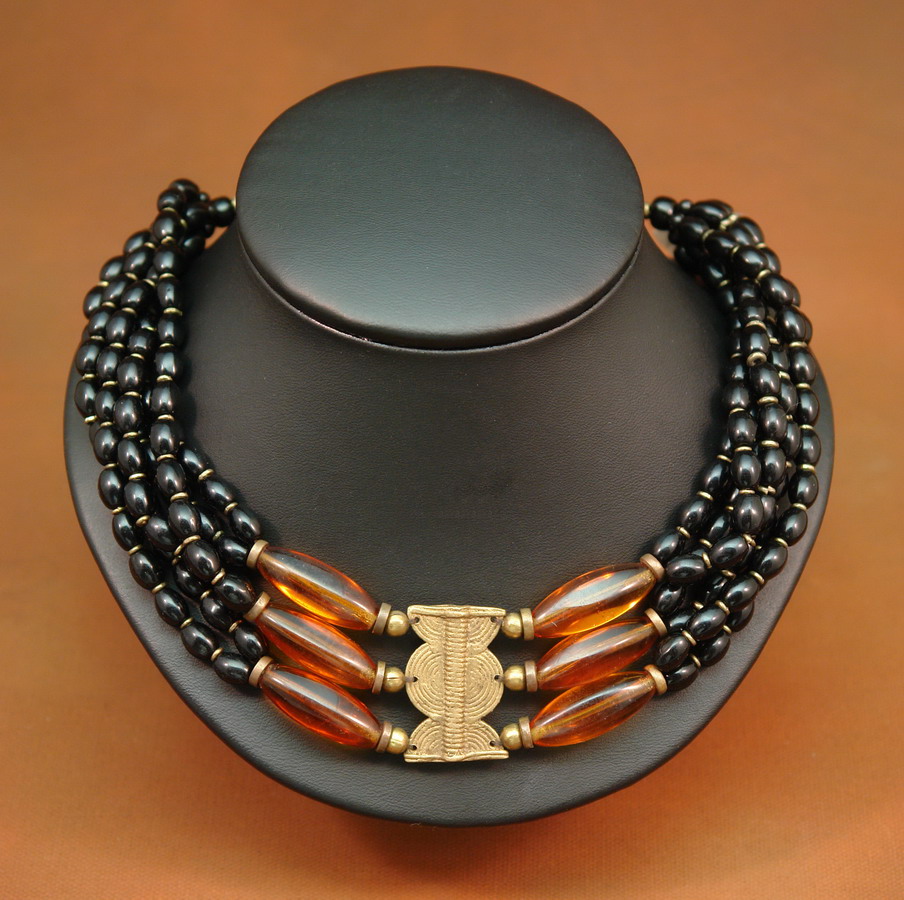

Closure
Thus, we hope this article has provided valuable insights into The Art of Jewellery Spelling in South Africa: A Comprehensive Guide. We hope you find this article informative and beneficial. See you in our next article!